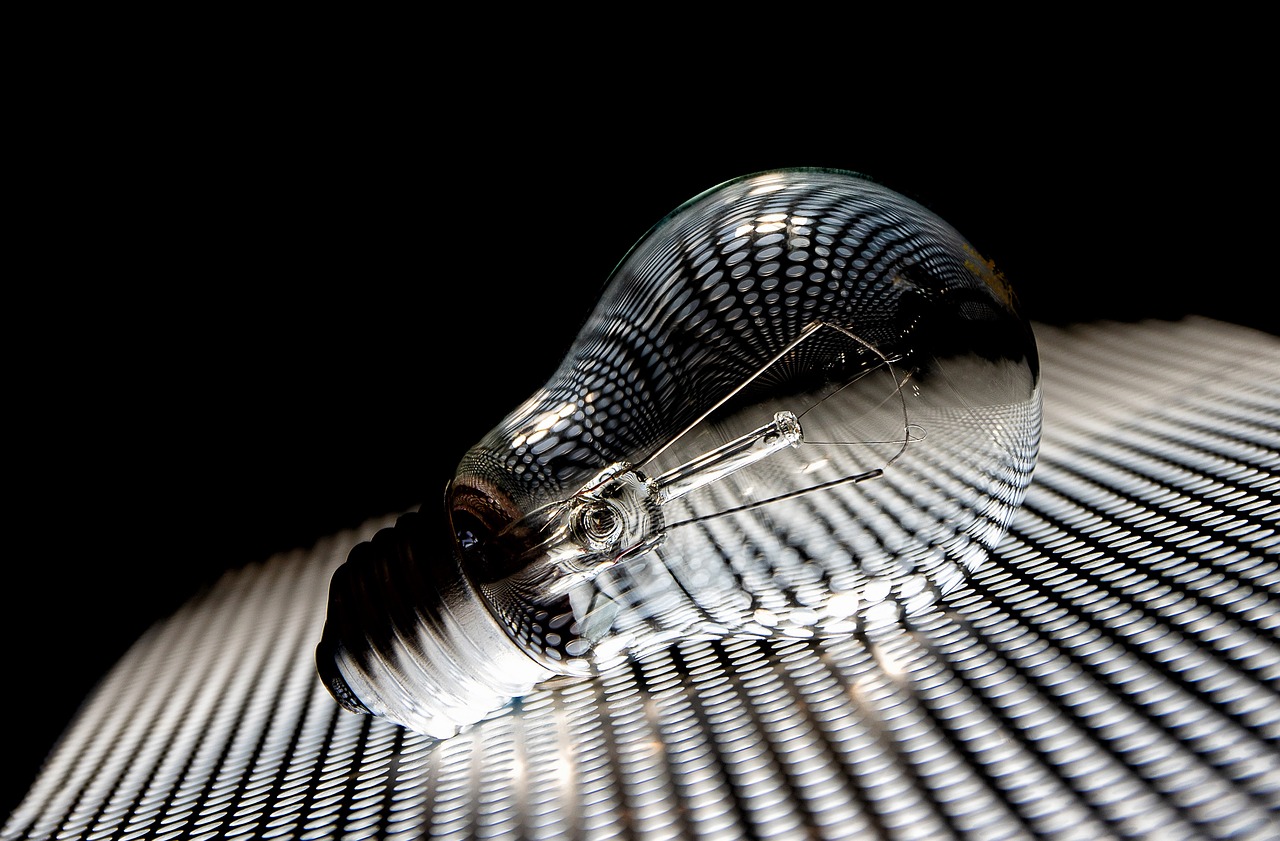acf domain was triggered too early. This is usually an indicator for some code in the plugin or theme running too early. Translations should be loaded at the init action or later. Please see Debugging in WordPress for more information. (This message was added in version 6.7.0.) in /www/wwwroot/leadcont.com/blog/wp-includes/functions.php on line 613117950 NW 53rd Street Suite 337
Miami, Florida 33166

How Much Electricity Does a Water Heater Use? Is your electricity bill higher than expected? You might not realize it, but your water heater could be the culprit. A water heater is an essential part of every home, but it can also be one of the biggest energy consumers. Understanding how much electricity your water heater uses and how it affects your bills is important for saving money and reducing energy waste.
From traditional tank heaters to energy-efficient models, the type of water heater you have can make a big difference. It’s not just about the model; factors like temperature settings, maintenance, and even the amount of hot water you use can all impact electricity consumption.
This guide will break down the electricity usage of various water heaters and provide practical tips for reducing energy costs. Whether you’re using a tankless model or a classic tank heater, we’ve got you covered with easy-to-follow advice to make your home more energy-efficient. Let’s dive in and help you save money on your next electricity bill!
When it comes to energy usage in the average American home, water heating is second only to heating and cooling in terms of costs. According to the U.S. Department of Energy (DOE), water heating accounts for nearly 18% of your home’s energy bill. This is a significant chunk of your monthly expenses.
In 2021, the average U.S. household spent around $1,500 annually on electricity. Of that, about $270 could go to heating water. That’s a lot of money just for hot water! Understanding how much electricity a water heater uses can help you make smarter choices about energy savings.
Electric water heaters typically use between 3,000 and 4,500 watts per hour. Depending on how much hot water you use, the total energy consumption can add up quickly. Let’s break it down:
Traditional Tank Water Heaters: These heaters store hot water in a tank and keep it warm for when you need it. They typically use 3,000 to 4,500 watts per hour to maintain the water’s temperature.
Tankless Water Heaters: Unlike traditional tanks, tankless water heaters only heat water when needed. However, they use 7,000 to 15,000 watts per hour, making them more energy-efficient when running but higher in short-term usage.
Heat Pump Water Heaters: These are the most energy-efficient options, using 1,500 to 2,000 watts per hour. They use heat from the air or ground to warm the water, which saves electricity in the long run.
Electricity prices in the U.S. average about $0.13 per kilowatt-hour (kWh). Based on the energy consumption of different water heaters, let’s calculate the approximate cost of running them.
| Water Heater Type | Energy Consumption per Hour | Daily Energy Use (3 Hours) | Monthly Energy Use | Estimated Monthly Cost (at $0.13/kWh) |
| Traditional Tank Heater | 3,000 – 4,500 watts | 9 – 13.5 kWh | 270 – 405 kWh | $35.10 – $52.65 |
| Tankless Water Heater | 7,000 – 15,000 watts | 21 – 45 kWh | 630 – 1,350 kWh | $81.90 – $175.50 |
| Heat Pump Water Heater | 1,500 – 2,000 watts | 4.5 – 6 kWh | 135 – 180 kWh | $17.55 – $23.40 |
This table gives you an overview of how much different water heaters will cost you each month. As you can see, heat pump water heaters are the most energy-efficient and cost-effective choice, while traditional tank heaters and tankless models may cost more.
Now that we’ve looked at how much energy water heaters use, let’s explore some practical ways to reduce energy consumption and save on your electricity bill:
Most water heaters are set to 140°F (60°C) by default. However, lowering the temperature to 120°F (49°C) can reduce energy consumption by 6% to 10%. A simple adjustment can make a big difference in saving energy.
If your water heater is older, consider insulating it. Insulating your water heater can help it retain heat longer, meaning it doesn’t have to work as hard to keep the water hot. This can cut energy use by 4% to 9% annually.
Older water heaters may use more electricity than necessary. Upgrading to a tankless water heater or heat pump water heater can significantly reduce electricity costs. Heat pump water heaters, in particular, use 50% less energy compared to traditional models.

Leaky faucets waste hot water and cause your water heater to run longer than necessary. According to the U.S. Department of Energy, fixing a leaky faucet can save up to $35 per year in water heating costs.
Here are some simple tips to help you lower your water heating costs even further:
If you’re going on vacation or will be away from home for an extended period, consider turning off your water heater. Many modern water heaters have a “vacation mode” that saves energy while you’re not using hot water.
Taking shorter showers, washing clothes in cold water, and fixing leaks in faucets are all ways to reduce the amount of hot water you use. Even small changes add up over time!
Some modern water heaters come with smart technology that can adjust the temperature based on your schedule. This helps avoid heating water when it’s not needed, saving you money on your electric bill.
Switching to an energy-efficient water heater is one of the best investments you can make in your home. In the United States, there are over 12 million homes using tankless water heaters. More homeowners are opting for heat pump water heaters to save money on their electricity bills and reduce their carbon footprint.
As electricity prices continue to rise, finding ways to reduce your water heating costs will help you keep more money in your pocket. It’s a win for your finances, your home’s energy efficiency, and the environment.
Water heaters use a significant amount of electricity in every home. Understanding how much electricity your water heater uses and how to manage its energy consumption can save you a lot of money. From lowering your heater’s temperature to upgrading to a more efficient model, there are many ways to reduce energy use. As electricity prices continue to rise, it’s more important than ever to make smart choices to save on water heating costs.
Remember, every small adjustment you make can add up over time, helping you reduce your energy costs and make your home more energy-efficient. Whether it’s using a heat pump water heater, fixing leaky faucets, or adjusting the temperature setting, you can take control of your energy usage today!
Ever find yourself staring at your computer screen a good consulting slogan to come to mind? Oftentimes.
